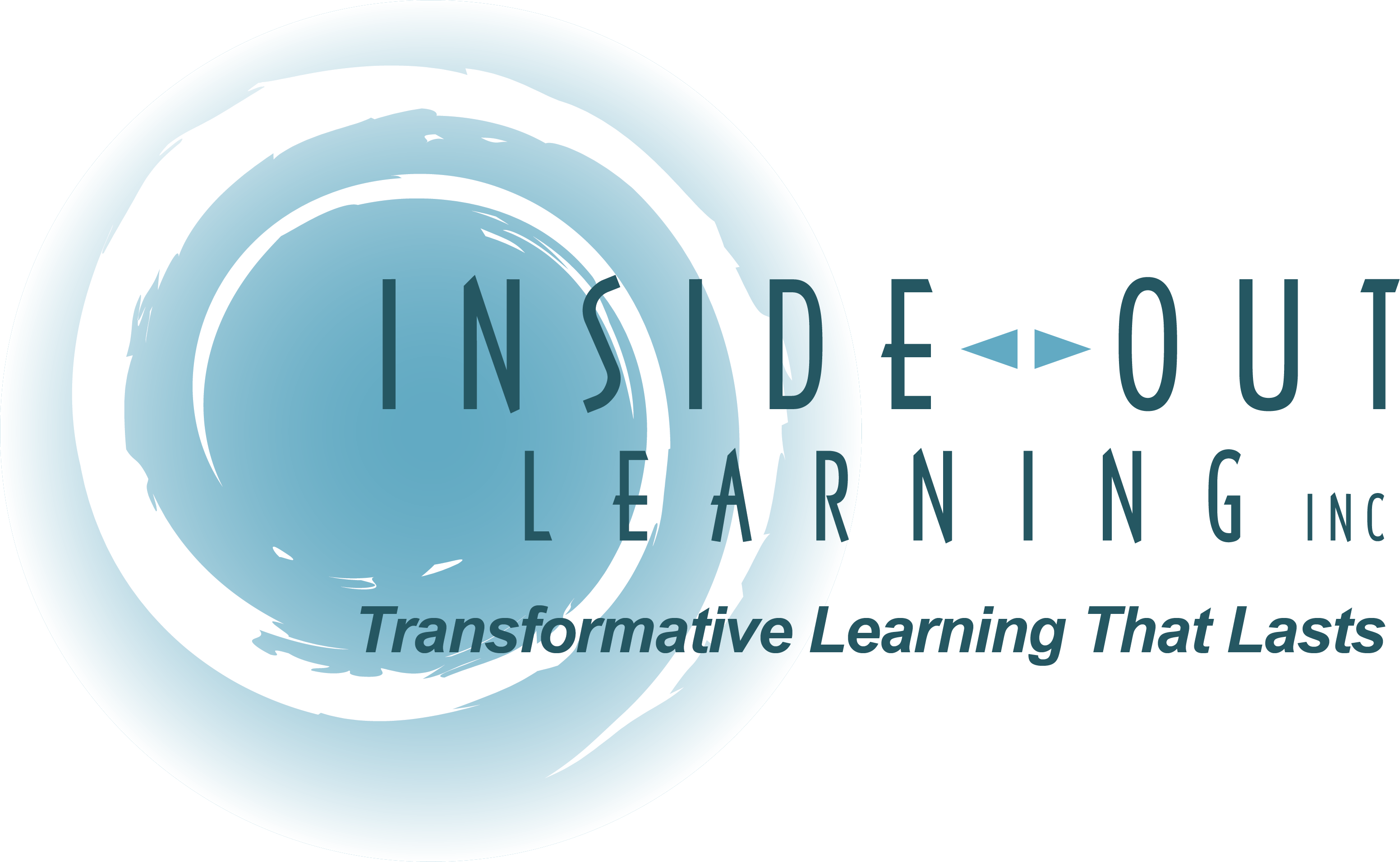Balance Ego And Humility To Be A Better Leader
{
Balance Ego And Humility To Be A Better Leader
Written by: Divya Parekh, Forbes Councils Member
Divya Parekh, of The DP Group, covers business growth and sustainability strategies, high-impact performance and authority building.
getty
“If you’re the smartest person in the room, you’re in the wrong room” is a wise quote attributed to many people. We’re going to discuss the humility versus ego aspects of this wisdom and how it can be a guiding force in your career or entrepreneurial efforts.
Ego alone is detrimental.
The ego is a dangerous aspect of our personalities. We need it to understand what we are good at, and the ego does come into play when developing confidence. Our confidence is directly proportional to what we know about any specific subject or skill for the average person. We often sort through various emotional roadblocks to incur a clear understanding of where our knowledge lies on any topic.
People with an abundance of ego miscalculate what they can accomplish and often end up underperforming. Their ego also makes them masters of excuses, as something going wrong couldn’t possibly be their fault. You can see how this attitude might work in the short-term but would lead to disaster in almost any endeavor over the long haul. A person with an inflated opinion of themselves is likely to eventually self-destruct and take many people down with them.
The egocentric individual is the type who thinks they are the smartest person in the room. Think about that type of person being your supervisor or ultimate boss sitting around the conference table. If that person’s definition of “smartest” means they believe they know everything about everything, then they do not need to listen and learn from others. While no one can honestly know everything, we probably have all been in the presence of someone who believes they do. The odds are good they were probably horrible to work for or with regularly.
Combine ego and humility.
Humility intertwined with ego allows you to have a firm belief in what you know and enables you to continue learning throughout your life. We can be experts on specific subjects, but once we think we know everything about it, we will undoubtedly find out something new down the road. That is how life works. Getting knowledge is a journey without a final destination. Albert Einstein once stated, “Once you stop learning, you start dying.”
In your career, you want people around you who can challenge you and fill in the gaps in your knowledge. A skilled leader understands the strengths of those she hires and delegates tasks accordingly. If you are forming a team, your goal is for that team to perform as a well-rehearsed symphony where the efforts of the whole are going to outperform any single member of the team. A lot of leadership comes down to talent recognition and using those talents wisely.
If you were the “smartest” person in the room, then you wouldn’t bother hiring someone who knows more than you. First, you couldn’t believe that was possible. Second, you would micromanage that person because most people who are egotistical to that extent are control freaks and are absolutely terrible at delegating.
A great deal of leadership is leaving your ego at the door and acknowledging that you need others to help you achieve your business goals. Steve Jobs made this clear when he said, “It makes little sense to hire smart people and tell them what to do. We hire smart people so they can tell us what to do.” Apple is an excellent example of how this type of thinking leads to success.
Never stop learning.
A genuine, humble spirit and willingness to always be aware of learning opportunities will take anyone to heights greater than they imagine. Humble is all about understanding and knowing yourself; it is not false modesty. Humility is the ability to be at peace with who you are and how you use your talents to the best of your ability. It also means you are aware of what you don’t know. In business, it means you take steps to learn more about something you want to know or hire someone to take care of it. In the entrepreneurial world, it isn’t ignorance; it is a wise use of resources.
With leadership, those who look up to you will learn from your desire for more knowledge. Taking it down to a basic level, kids who have parents who read or have a thirst for knowledge often have those same traits when they grow up. That’s what you want to foster in your staff. You want your employees to be curious and know how to find out more information when things interest them, or it’s pertinent to their job.
President Harry S Truman’s coach said, “It’s what you learn after you know it all that counts.” Continue to have a thirst for knowledge. When you believe you know all the answers, it might be time to sit back, reboot yourself and begin listening to others again. It might surprise you just what you learn.
Forbes Coaches Council is an invitation-only community for leading business and career coaches. Do I qualify?
via Forbes – Leadership “https://ift.tt/kyFGPdI”
April 15, 2022 at 05:14AM
